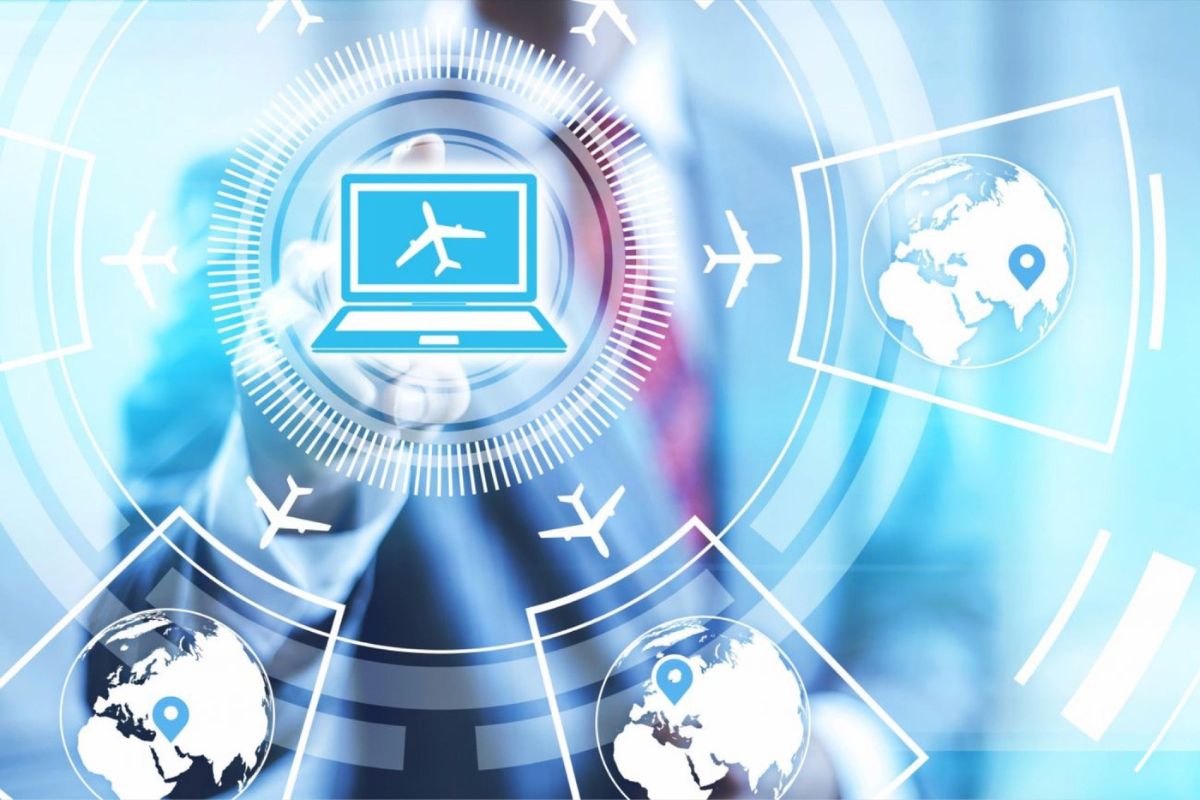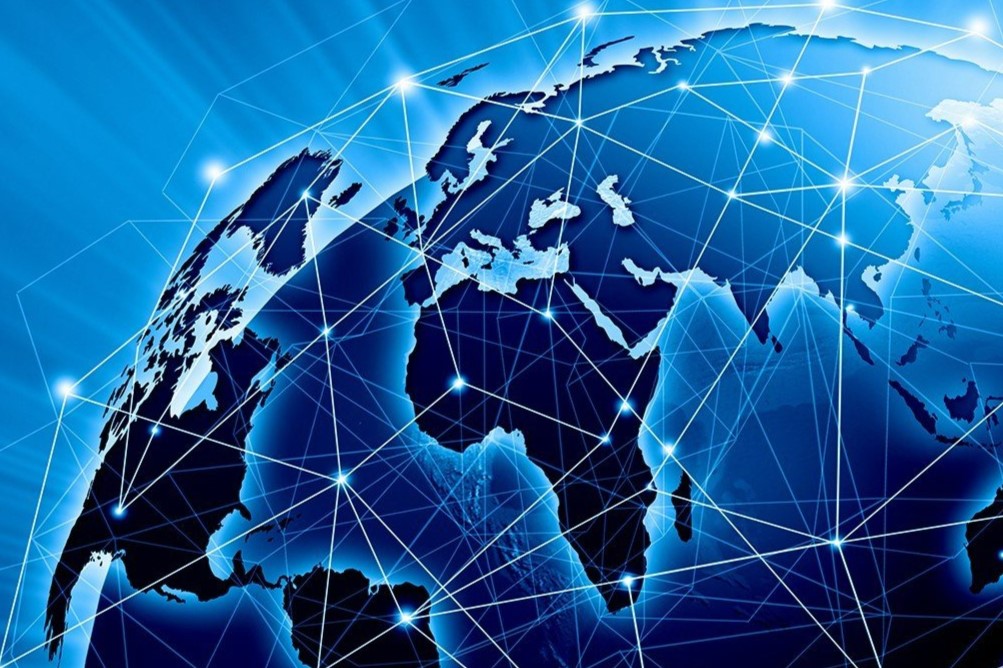Tourism and technology are two rapidly increasing businesses in today’s industrialization and modernization period. However, when these two professions are independent and self-sufficient, there are various constraints and risks. What would the world’s future look like if current technology makes tourism development easier?
The 4.0 industrial revolution, as well as advances in science, technology, information, and communication, have resulted in a wide range of application goods for the tourism industry. This is regarded as a prerequisite for the emergence of technology tourism, an unavoidable tendency in the digital world.

Tourism Technology: A Significant Change in Travel History
With the help of digital technology, traveling will become more convenient and save time and effort. Tourism is currently utilizing a number of cutting-edge technological applications, including artificial intelligence (AI), the Internet of Things (IoT), location technologies, the Internet, and social networks. These technologies are undeniably important in the industrialization of the tourism business. Tourism will swiftly flourish from there. Of course, the initial beneficiary of this technology tourist trend is none other than people.

Photo: Ultimez
The key distinction between traditional tourism and tourism with technology support is that tourism with technology support focuses on the benefits of tourists while ensuring the lowest prices with maximum ease. These beneficial developments are the result of the benefits of current technologies and applications. Furthermore, travelers approach and offer information in a more proactive manner. The proliferation of social networks and mobile applications has had a significant impact on tourism locations and travel services. When visitors have more options, tourism businesses must increase the quality of their services if they do not want to be “out of the game.”

Photo: Madirex
Easy travel with digital technology in a flat world
When the boundaries of space and time are blurred throughout human history, the phrase “the world is flat” is used. Individuals may visit many famous historical places, tourist spots, and prominent monuments from around the world at that time. And current technology in the 4.0 age is capable of doing so.
Smart websites, social networks, and online communities will be heavily used to promote tourism on online platforms as technology devices expose people’s lives. As a result, cutting advertising, marketing, and communication costs has emerged as a significant benefit. Furthermore, Industry 4.0 will transform tourism and databases for restaurants, hotels, and public transportation systems, as well as tools for managers, tourism enterprises, and travelers. Digitization is a critical first step in today’s nations’ digital tourism revolution.

Furthermore, virtual reality tours expose, comprehend, and appreciate discovering tourism resources all over the world by utilizing pictures, 3D and 4D film, and rebuilding historical events, locations, civilizations, and natural heritages. This is an effective method of increasing traveler demand and experiences, making it a must-have trend for tourism 4.0.
The travel business is a breakthrough trend in this modern phase
Industry 4.0 is transforming the tourism services industry by enabling enterprises to provide low-cost, time-saving, and high-quality travel services all over the world. This tendency has resulted in a reduction in labor force, time, and prices, resulting in lower tourism service costs. Online purchasing and selling enables travel businesses to collaborate, share difficulties and profits, and sell goods to a big number of customers at a low cost and time.
The Internet of Things has made it easier for tour operators to connect tours and locations, increasing the number of tourists and the efficiency of tourism firms. Thanks to current gadgets, everyone has access to information and images of places, encouraging them to explore well-known tourist spots. As a result, destination brands have grown in popularity and attractiveness to both foreign and domestic travelers.

Regional links between tourist firms are also important trends for specialization and cost-cutting in tourism services. Industry 4.0 improves regional connectivity, expands space, and makes the industry more sustainable. Travel 4.0 will result in the development of new, rich, and appealing tourism products, such as virtual technology that recreates historical events, ancient cultural venues, and spectacular natural vistas. Visitors can now experience and immerse themselves in these attractions, boosting their receipt and enjoyment.
In the 4.0 sector, modern technology not only decreases costs but also increases the quality of tourism services. sector 4.0 is poised to revolutionize the tourist sector and offer a more sustainable and delightful travel experience for all by using the power of e-commerce, online enterprises, and the Internet of Things.

